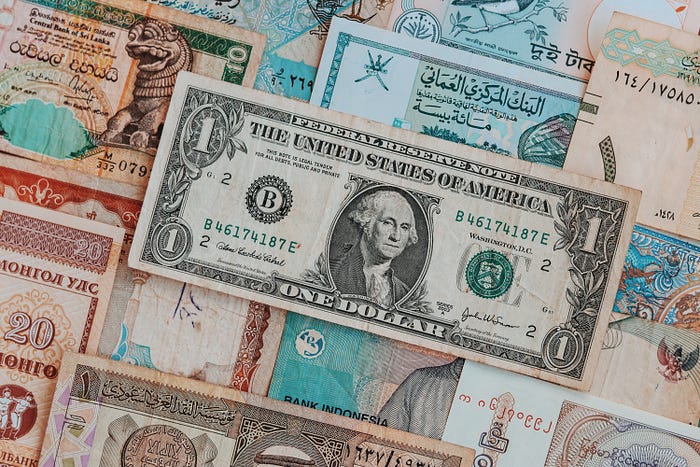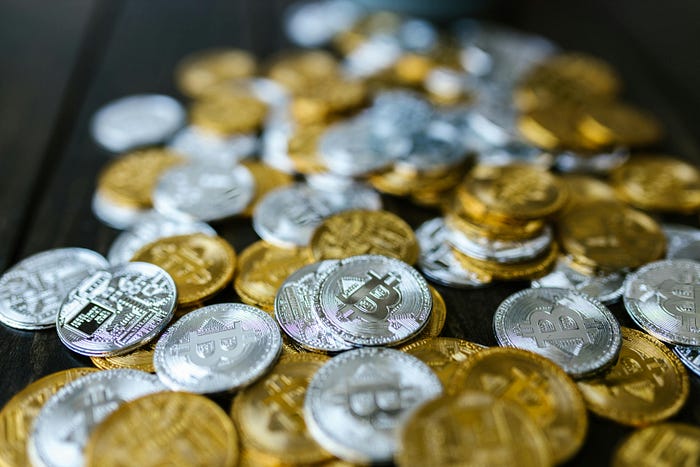Understanding the State’s Oppression through Currency: A Libertarian Perspective

Introduction
In the realm of libertarianism, one core belief stands strong — the freedom from oppressive forces, particularly those imposed by the state. While various aspects of state intervention can be discussed, today we delve into the subject of currency and the ways in which the state’s manipulation and issuance of currency can lead to socio-economic oppression, high inflation, and limited financial freedom.
The State’s Power Play
In a flourishing society, individuals expect their governments to represent their interests and provide efficient governance. However, when it comes to currency, the state often seeks to exploit its power. By issuing and controlling the currency supply, the state gains the ability to shape the economy as it pleases, often resulting in over-taxation and unchecked government spending.
Over-Taxation and Inflation
Governments can fund their endeavours without seeking proper legislative approval, through dangerous measures like printing more money or accumulating excessive debt. These actions essentially amount to the same thing — devaluing the currency and causing inflation. Inflation diminishes people’s purchasing power, eroding their wealth and making it increasingly difficult to maintain a reasonable standard of living.
Technology Advancements and Rising Prices
Technological advancements have historically brought down the cost of production in various sectors. However, contrary to our expectations, prices for goods and services continue to rise. The primary culprit behind this phenomenon is the government’s addiction to printing money. As the state injects more money into the economy, each monetary unit loses its purchasing power, leading to a perpetual rise in prices.
The Temptation of Printing Money
The policy of printing money can often be tempting for governments, particularly in times of elections. By temporarily heating up the economy through increased spending power, politicians attempt to create a favourable image and ensure electoral success. However, this approach is akin to the temporary pleasure that alcohol offers. Ultimately, the long-term consequences can be devastating, leading to severe economic downturns and substantial currency devaluation.
The Rise of Cryptocurrencies

As conscientious individuals seek alternatives to traditional state-issued currencies, cryptocurrencies have emerged as a promising solution. Bitcoin, alongside various other digital currencies, has gained significant popularity among libertarians due to its decentralized nature and resistance to state manipulation. Cryptocurrencies have the potential to establish a financial system that prioritizes individual liberty, privacy, and protection against inflation.
Introducing CryptoPila: Stability and Inflation Protection
Among the up-and-coming cryptocurrencies, CryptoPila presents an intriguing proposition. Developed as a private-controlled cryptocurrency, CryptoPila combines the stability offered by stablecoins with robust protection against inflation. This innovative project promises an alternative financial tool that aligns with libertarian principles, providing individuals with a reliable means to preserve their wealth and enjoy long-term financial security.
Conclusion
In the quest for personal freedom and liberation from oppressive conditions imposed by the state, understanding the adverse implications of currency manipulation becomes crucial. By recognizing the impact of over-taxation, inflation, and the government’s addiction to printing money, libertarians can advocate for alternative financial systems, such as cryptocurrencies like Bitcoin and promising projects like CryptoPila. Embracing these solutions can pave the way towards a future built on financial autonomy, stability, and protection against state oppression.
